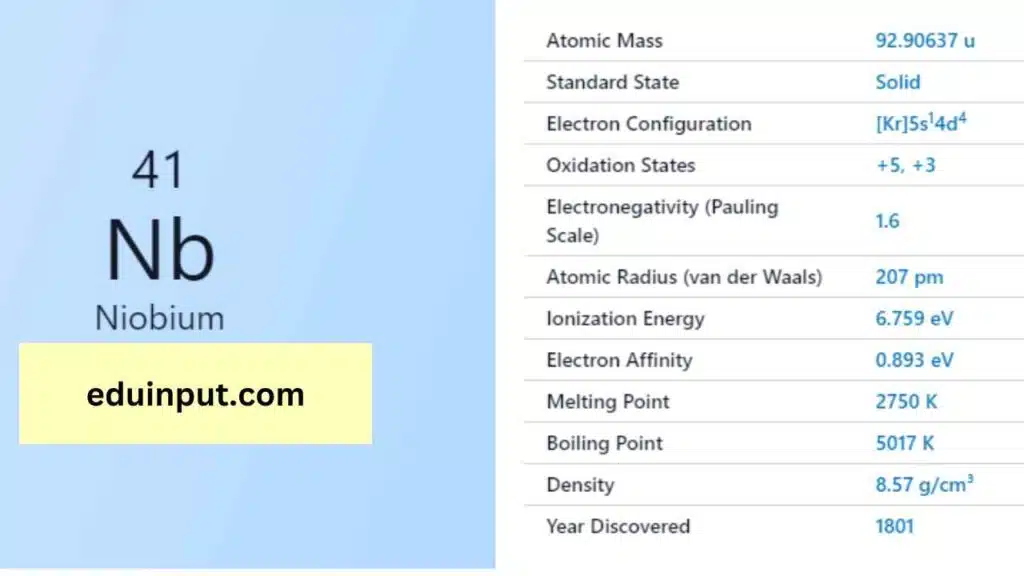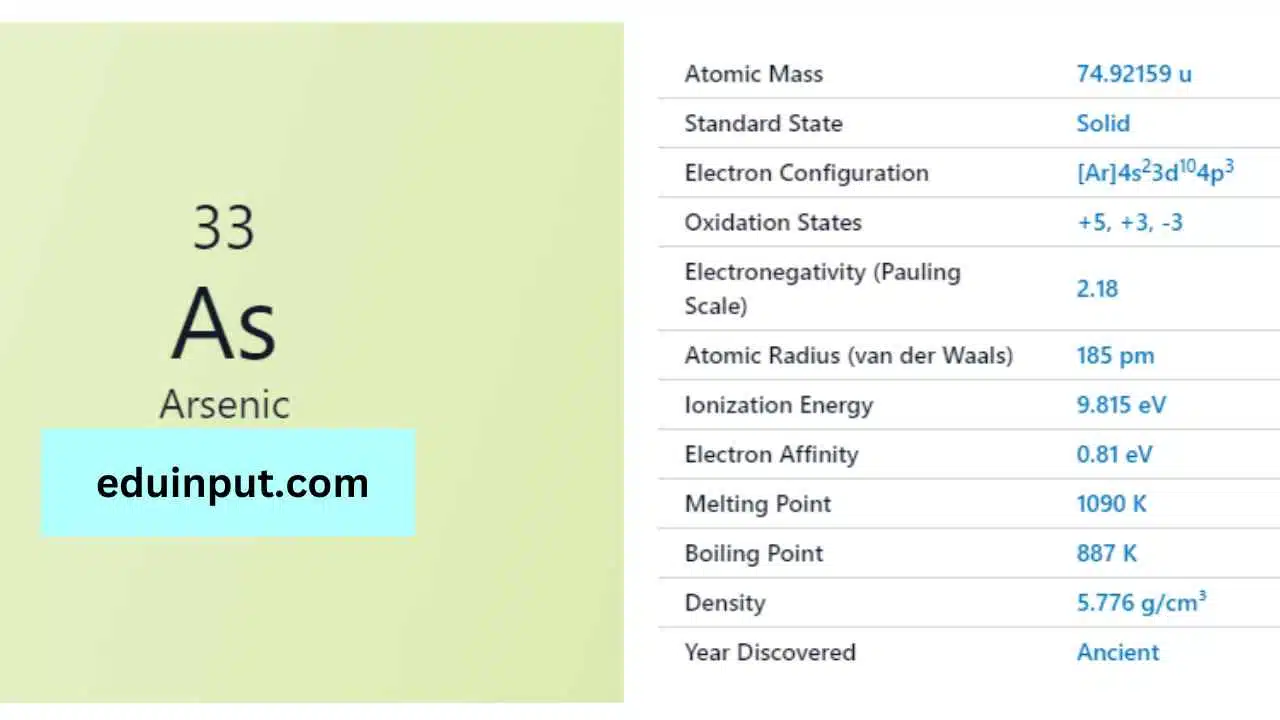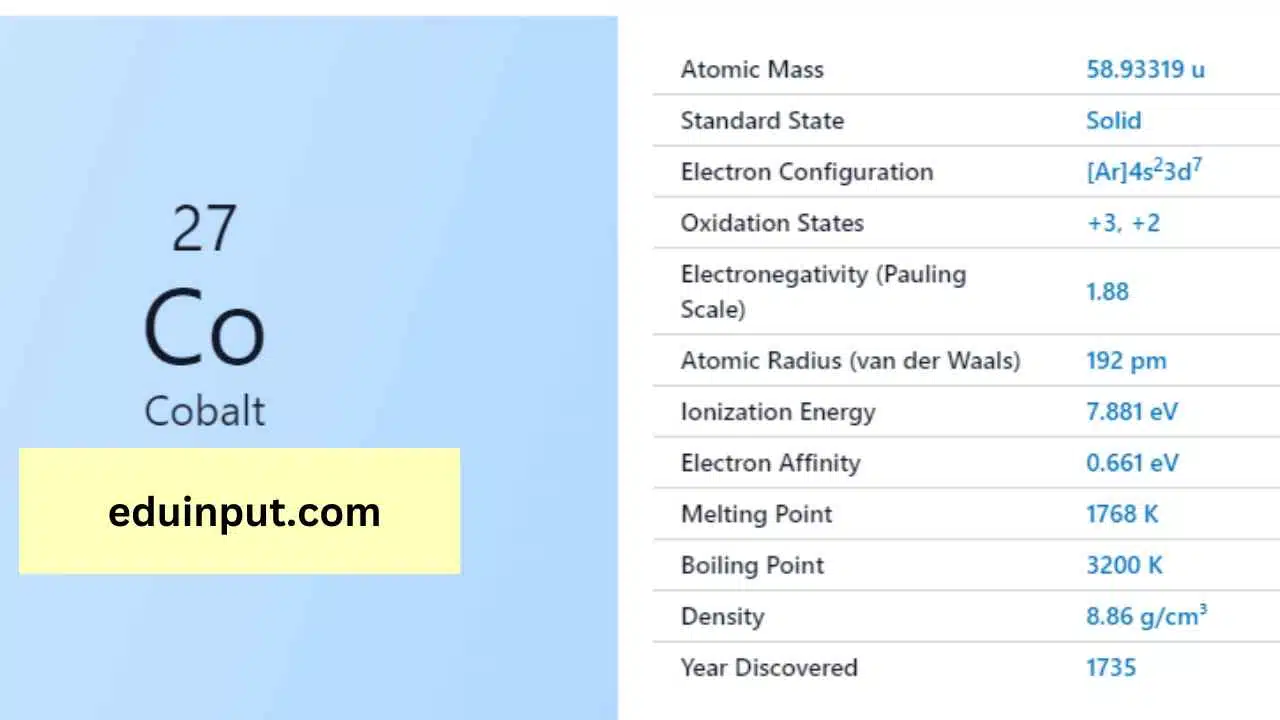Niobium-Discovery, Properties, And Applications
Niobium is a chemical element with the symbol ‘Nb’ and atomic number 41. It is a transition metal that is commonly used in alloys due to its unique properties. Niobium was first discovered in 1801 by Charles Hatchett, but it was not widely recognized as a distinct element until 1844 when Heinrich Rose discovered that it was different from tantalum. The element is named after Niobe, the daughter of Tantalus in Greek mythology.

| Property | Value |
| Name | Niobium |
| Symbol | Nb |
| Atomic number | 41 |
| Relative atomic mass (Ar) | Group in the periodic table |
| Standard state | Solid at 298 K |
| Appearance | Grey metallic |
| Classification | Metallic |
| Group in periodic table | 5 |
| Group name | (none) |
| Period in periodic table | 5 |
| Block in periodic table | d |
| Shell structure | 2.8.18.12.1 |
| CAS Registry | 7440-03-1 |
Physical Belongings
Niobium is a silver-gray metal that is ductile, malleable, and highly resistant to corrosion. It has a high melting point and is a good conductor of electricity. Niobium is also non-toxic and hypoallergenic, making it a valuable material for medical implants.
Chemical Properties
Niobium is a reactive element that readily forms compounds with other elements. It has a single oxidation state of +5 and forms stable oxides that are highly resistant to corrosion. Niobium compounds are used in a variety of applications, including steel production, superconductors, and electronics.
Facts
- Niobium was first discovered in 1801 by Charles Hatchett, but it was not widely recognized as a distinct element until 1844 when Heinrich Rose discovered that it was different from tantalum.
- The element is named after Niobe, the daughter of Tantalus in Greek mythology.
- Niobium is highly resistant to corrosion, making it a valuable material for use in harsh environments.
Applications
Niobium has a wide range of applications due to its unique properties. Some of its common uses include:
- Alloys: Niobium is commonly used in alloys with other metals, such as steel, to improve their strength and resistance to corrosion.
- Superconductors: Niobium is used in the production of superconducting materials, which have zero electrical resistance at low temperatures.
- Electronics: Niobium compounds are used in electronic components, such as capacitors and transistors.
- Medical implants: Niobium is a non-toxic and hypoallergenic material that is used in medical implants, such as artificial joints and dental implants.
Niobium is a rare and valuable transition metal that is commonly used in alloys, superconductors, electronics, and medical implants. Its unique properties, such as its high resistance to corrosion and non-toxicity, make it an important material for a variety of applications. Niobium’s discovery and naming after a Greek mythological figure also add to its historical and cultural significance.







Leave a Reply